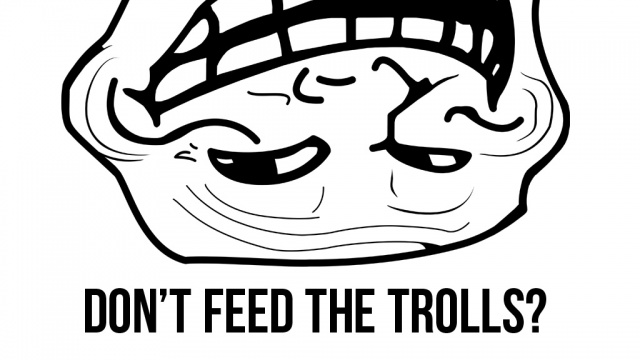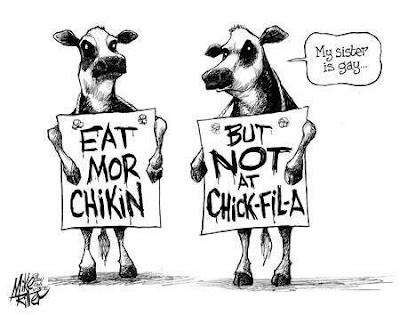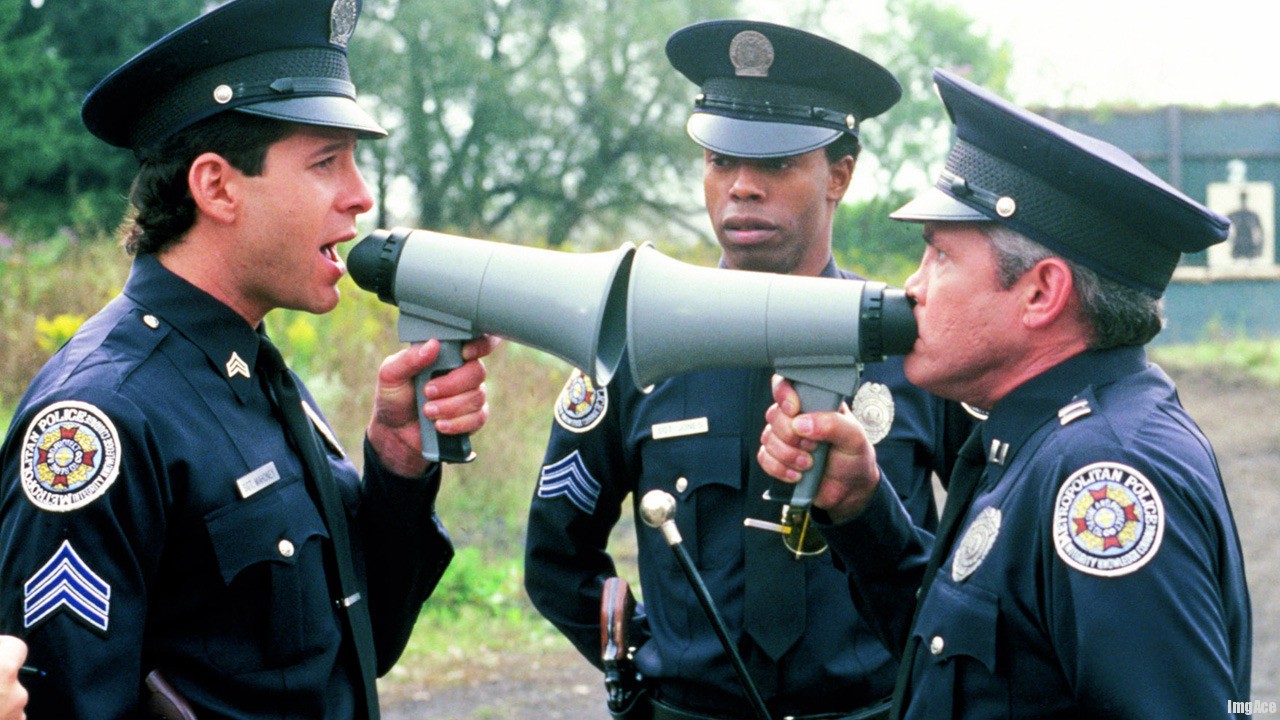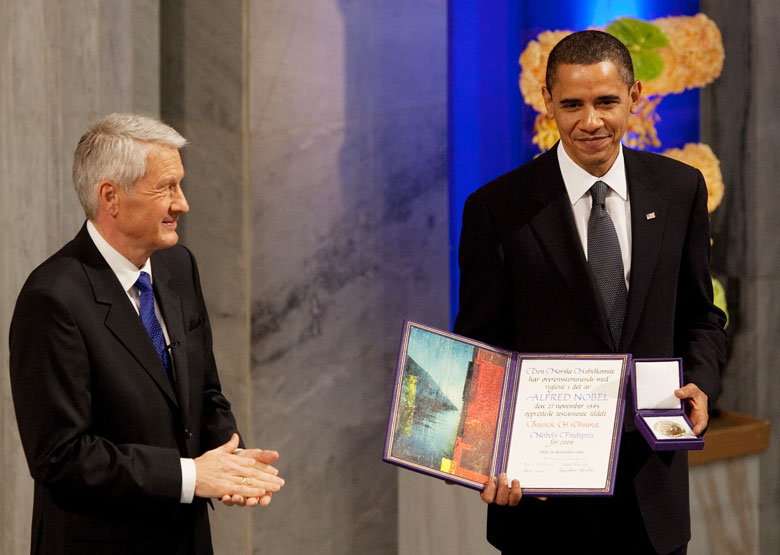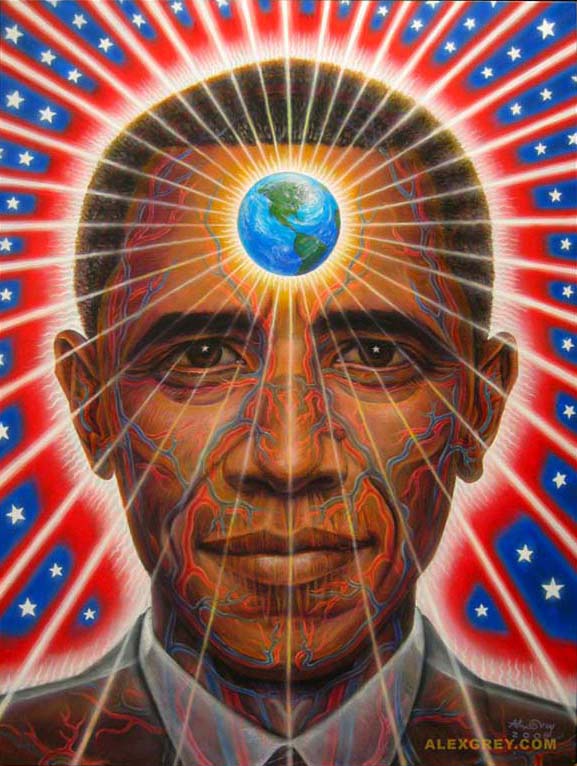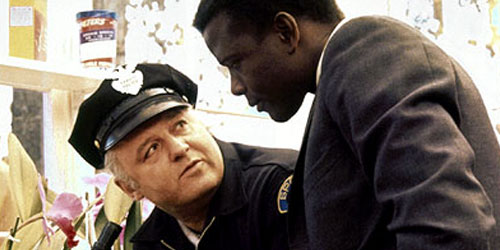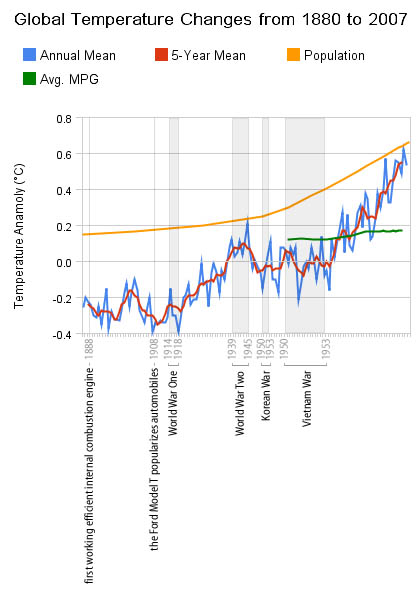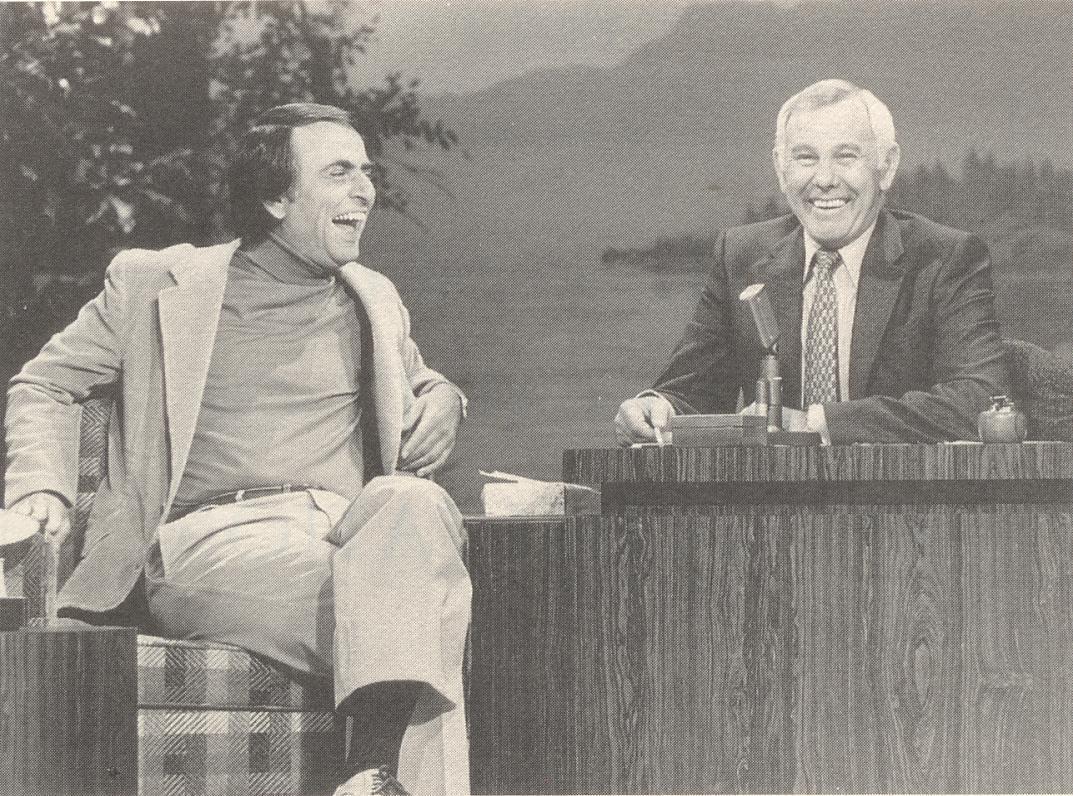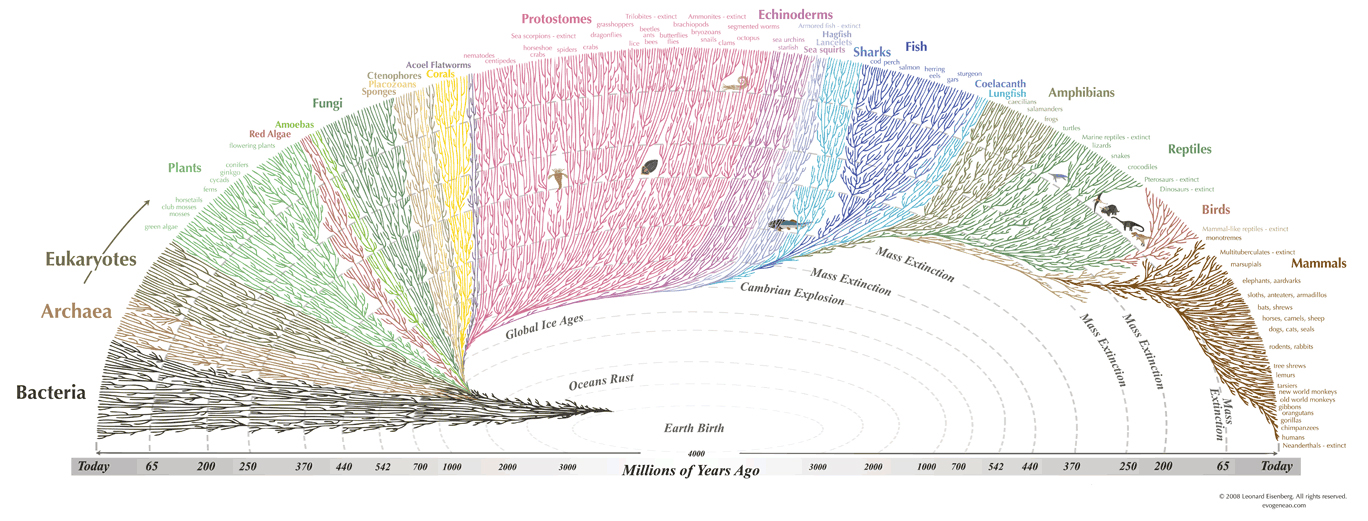A lot of people are worried about the new Facebook messenger app. They are wondering if they should bother with installing it or just ignoring it. Well, pretty soon you won't have the option. They're slowly rolling it out so that you have to use ...
Untruth: Wendy Davis Supports Open Carry
The winds of the Internet blow hard and fast, so people don't have time to read an entire article before they are emotionally invested in it. They mostly just rely on the headline and/or the source to sum things up for them. So, when people ...
Something Must Change in Syria
“The world is a dangerous place, not because of those who do evil, but because of those who look on and do nothing.”
--Albert Einstein
I am a committed humanist, so I obviously support some form of intervention in Syria. However, I do not think the United ...
Don’t Feed the Trolls
The term “troll” is so new that it often gets misused, and it gets used so frequently that people sometimes dismiss it unfairly. It’s not just internet lingo to throw at someone because you don’t like or agree with them, and it’s not something to ...
Why You’re Wrong about Obama and Unemployment
Mitt Rmoney and others have continued to push the claim that unemployment was higher than when Barack Obama took office. This is (at best) a misinterpretation of the facts and (at worst) an outright lie. The unemployment rate was not higher back then than it ...
I’m tired of talking about Chick-fil-A.
If you look at my Facebook posts over the past few weeks it might seem like I feel otherwise, but I really do want the Chick-fil-A conversation to come to a conclusion. I'm as tired of it as everyone else. But for some reason, we ...
Interaction vs. Communication
Interaction is a superficial form of communication. We have known how to communicate for tens of thousands of generations, and we have been interacting with each other for even longer. For the most part, this hasn't changed. We still just interact with people; we don't ...
Obama’s Peace Prize: The Olive Branch
If you're shocked or confused by the Nobel committee's decision to give Barack Obama the Nobel Peace Prize, don't be. It makes perfect sense. They selected him because of his "extraordinary efforts to strengthen international diplomacy and cooperation between peoples." In this sense, he has ...
In Support of Obama’s Worldview
I often get accused of being an Obama worshiper, usually by people that don't know me. They base that belief purely on me supporting anything he says. Somehow, the fact that I've always had a soft spot for the environment means that I can't agree ...
The Climate Is Changing
I don't believe what the media tells me about science because they are not experts in it. I believe what the scientists tell me because they have a long-standing history of knowing what they're talking about. And the only scientists that doubt climate change are ...
Agnostic Atheism
Agnosticism is often thought of as scientific because it appears open to new ideas. It implies that there is a possibility that evidence might exist that would prove that deities are real; we just haven't found that information yet and we may never find it. ...
Why I Am Atheist
We are all born atheist. Once I hit my teenage years I became as devout of a Christian as I could possibly be. I went to church, prayed, and all the usual stuff. When I was in 10th grade I met a guy that had ...
VIRAL ALERT: Flu Vaccine Propaganda Pandemic
In case you haven't heard, 26-year-old Desiree Jennings (who was training to be an NFL cheerleader) was allegedly diagnosed with a rare neurological disorder called Dystonia. Her case is so rare that even specialists have been heard saying they've never encountered it. However, because ...
Indict Dick Cheney
There has been a lot of "debate" over what to do with all of the human beings and monsters locked away in Guantanamo Bay. There are apparently only two sides to this discussion: free them all and send them letters of apology or kill them ...
Opinions and Beliefs
I was in a chat room recently with a group of people defending that pompous windbag Rush Limbaugh. One of them even claimed that he was "a great American." I couldn't stand by while this mind-numbing crap was going on, so I felt compelled to ...
The Hypocrisy of Hope
In the 1967 version of In the Heat of the Night, there is a scene where the white police chief Bill Gillespie (played by Rod Steiger) turns to the black detective Virgil Tibbs (played by Sidney Poitier) and says, "Well, you're pretty sure of yourself, ...
You Can’t Waste a Worthless Vote
I know how this is going to make me look to some people, but I just stop reading certain emails when I realize it's their attempt to convince me that voting for Stephen Colbert is a waste of my vote. Is it because I'm intellectually ...
A “Cool Heads” Global Warming Discussion
It's a simple question: What causes global warming?
Here's a relatively simple answer: Global warming is caused by the greenhouse effect and the increase of anthropogenic (man-made) greenhouse gas concentrations.
And here's a more complex answer: Look at Mars. It has lost most of its greenhouse gases, ...
Global Temperatures and Human Activity
I recently got into another discussion about global warming, and the person I was talking to said they weren't convinced that humans were the cause of it. Though it's just foolish to think that the temperature isn't rising, there is (admittedly) room for debate on ...
Everyone Wants to Be Johnny Carson
All late night talk shows (aside from the Daily Show and the Colbert Report) are lame and practically worthless. They're formulaic, unoriginal, and pander to the widest audience possible. Half of the population has a below-average IQ, so their content has pretty much the same ...
When It Rains, It Deluges
Rainfall has historically been something to look forward to, but India recently has learned firsthand the lesson about having too much of a good thing. As the death toll continues to rise, the rain continues to fall, and the pressures it puts on the people ...
The Envelope, Please: Texas Education Report
The Texas Education Agency is going to release its findings on the academic performance of Texas public schools today, and the labels that they assign to each school could greatly influence many districts. The ratings given to each school affect the students, the faculty, the ...
Tonowi Is to Buymi
It is interesting to find two political systems that are so distinctly different from one another while certain aspects of these systems are so incredibly alike. The tonowi of the Kapauku from western New Guinea is the title given to a political leader. He has ...
The Politics of Womanhood
Perhaps not surprisingly, our male-dominated world has often marginalized women when it came to positions of power. The reasons for this are almost always based in our cultural expectations of women, which has been tolerant at best and despicable more often than not. Women have ...
Pesticides Intended for Non-Human Pests
A recently published study by the American Medical Association has pointed out serious concerns about the poisoning of schoolchildren from local pesticides (5). Some people are quick to point out that, of the incidences reported, most of the cases were mild. But many of these ...
Nuclear Family Meltdown
For the past half century or more, the ideal of a family in the United States was the nuclear family. Though the definition has changed somewhat to be more inclusive, it has not changed the fundamental nature of it. Ideal though it may seem, there are ...
Married to the Mob: Same-Sex Marriage’s Fight
The issue of same-sex marriages has been a hot topic for many years, but not nearly as hot as it has been the past few. The most recent nation to legalize same-sex marriage is one that is very close to us, both physically and politically. ...
How to Write a Good (Basic) Essay
1. Write a five-sentence summary about the whole paper, and try to make it mimic what your paper will look like when you're done. The first sentence, like the first paragraph, is your introduction. The next three (or two, or four, or thirty, or whatever) ...
Romantic Influence on Us All
Since we are very young we are bombarded with images and ideas of romance. It is an important factor in our society that affects and reinforces specific ideas about how relationships are supposed to form. There are problems inherent in this method of choosing mates, ...
Trumping the Race Card
Racial inequality has plagued our nation so long that even in today's relatively enlightened culture we find various forms of prejudice and discrimination. In a predominantly white nation, the darker ones skin tone, the more likely you are to suffer from racial inequality. This separation ...
Aggressive by Nature?
It was generally held for a long time that hunting, the act of stalking live prey and then killing it, contributed a great deal to our natural aggressive tendencies. After all, it seems perfectly natural to imagine how this ruthless ability to assault another living ...
G-8 is Enough
The G-8 was created out of the eight richest countries in the world in order to fight poverty in Africa. Poverty affects more people throughout the world than all of the citizens represented by their leaders in the G-8 conference. But poverty happens even in ...
Out of Africa, Too
There are three pervading hypotheses about the emergence of modern humans. While I was reading the summaries of the three hypotheses, I began to I favor the so-called multiregional hypothesis, which states that our species evolved relatively simultaneously in several parts of the Old World. ...
Red Oil Scare
China has made an unsolicited offer to acquire one of the largest United States-based oil company, which would essentially double its oil and gas output (2). The organization that is making the offer, the Chinese National Offshore Oil Company, is a state-run organization of the ...
Why Evolution Is Scientific and Creationism Is Not
Evolution is a product of the scientific process. It is often touted by critics as being "only a theory." The irony is that if they truly understood the word theory they would not be so quick to call it that. Our text describes the word ...
Terrorism at Home, Even When Abroad
The recent terrorist attacks in London remind us that people are still willing to use the most extreme measures to make their voices heard. It seems now that more people condemn terrorism than ever before, and yet it continues even in one of the world’s ...
You Are Not Agnostic
This is an old paper I wrote for a religion class, and I'm only leaving it here for posterity. I may replace it with a more concise version (because this one is too academic) once I feel the motivation. This version does not fully represent ...
There Is No Spoon
There is a scene in the movie "The Matrix" where the main character, Neo, is visiting a so-called oracle. As he waits to see her, he looks at the other "potentials" that stay with her. These potentials, all children, are able to manipulate objects using ...
The Evolution of the Signal
We may not have been the first species to invent language, but we have honed our own language to extend beyond grunts and yells. We started with sticks and clay then moved to scrolls, then to codices, then parchment and paper, then fixed-type, then type ...
My Statement of Aesthetics
Initially, I took my first poetry class because I thought that poetry and prose were two completely different things, and I needed to explore my poetic side. But as the semester progressed I quickly discovered that they are imperatively inseparable. Poetry keeps prose fresh, healthy, ...
KTXT: Lubbock’s Only Propaganda Alternative
I grew up in this area, so I was around when KTXT became "Lubbock's only alternative." And, I'm old enough to remember the "this is your brain on drugs" commercials on TV. I agree that there are bad drugs out there that can harm people, ...
Nature vs. Nurture
To make it perfectly clear, this is an analogy, as I do not have enough evidence to prove otherwise.
We are born, and according to our DNA, in there is how we would respond to every question that could ever be asked or every event that ...



